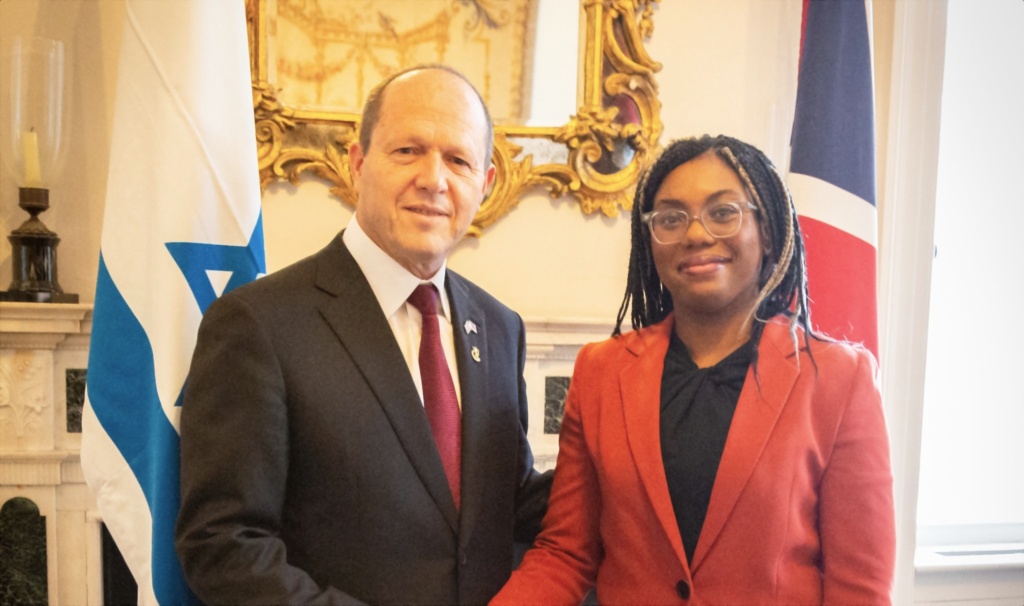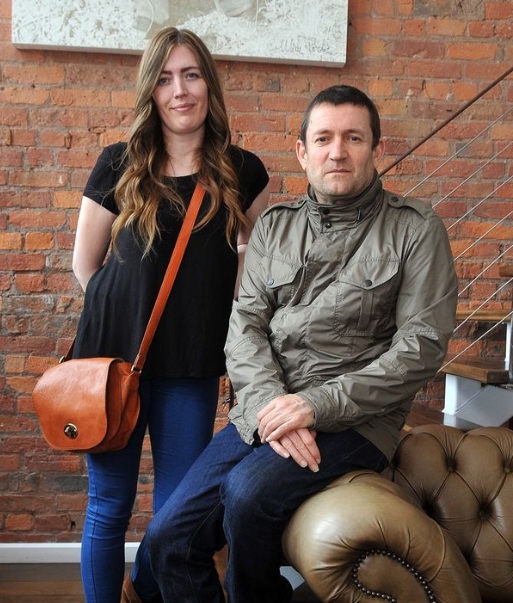Not many figures have emerged as polarizing in the constant drama inside British politics halls than Kemi Badenoch, one of the contestants running to be the new Conservative leader whose views on immigration, culture, and social policies created a firestorm. What she said about certain cultures not being created equal in judging who should or shouldn’t be allowed to settle in the UK resonated with some, leaving others raising an eyebrow
A Hardline stance on immigration
Badenoch’s immigration policy reflects a hard-nosed point of view in that she hopes to define how the United Kingdom perceives and deals with immigration. She was worried, as she wrote in her op-ed for the Telegraph, about growing numbers of immigrants arriving in the UK, whom she claimed “performed anti-Israel protests” and carried “ancestral ethnic hostilities” from their countries of origin. Although immigration may physically establish an individual in the UK, their deep-rooted cultural and emotional roots often remain in their countries of origin.
It reflects an indispensable shift in the Conservative Party’s approach towards the immigration policy given the perennial debates about the UK’s identity and values. Badenoch says being a British citizen is more than having a passport; it’s dedicating oneself to the people and the country. Therefore, this opinion aligns with the sentiments of voters who believe that the country’s identity is at risk due to mishandled immigration.
Cultural validity and gender equality
Badenoch’s comments about cultural validity raised several eyebrows, particularly her statements regarding cultures that did not treat their women as equals. Appearing on the BBC, she clarified what she was talking about: “I am not talking about cuisine; I am talking about customs.” Her assertion that cultures with more restrictions on women and fewer rights for women than those of men are “less valid” is a way for her to enforce her views on gender equality within the boundaries of the cultures she accepts.
This stance, while rooted in a commitment to British values, carries significant implications. Detractors argue that this stance not only positions and distances alien minorities from themselves, but also idealizes British culture as a unitary one, thereby alienating and dividing multicultural traditions. Badenoch’s remarks tend to stereotype the superior and inferior nature of Britishness and other forms when drawn side-by-side.
Dealing with anti-Israeli sentiments

The most contentious issue in Badenoch’s comments, however, is how she made the utterance relating to anti-Israelism in different immigrations. She noted that “not all of those coming here share the same attitudes and values of society here; we need to be willing to have this debate.” According to her, this is more relevant today, given the current trend of anti-Israel attitudes.
By saying this, Badenoch seeks to join a greater conversation about the ideational underpinnings for immigration. However, her comments have faced criticism on the grounds that they may associate particular cultural communities with hostile sentiments. However, assertions that Britain shouldn’t become a sanctuary for those harboring resentments against the West resonate with the concerns of numerous voters who fear threats to national security and the disintegration of social unity.
Maternity Pay: The Question of Responsibility
Aside from her views on immigration, she has also shared her opinions on social issues such as maternity pay. In this context, she believed that the statutory maternity pay of up to 39 weeks for new mothers was unnecessary and merely another example of government intervention in people’s lives. She challenged the public’s postulation about how society would manage and live before maternity pay became the norm, with families having children at a higher rate.
This position has sparked polemics related to personal and state responsibility. Proponents of mothers’ rights consider maternity leave pay an essential component of society’s welfare programs, which helps families stabilize as they transition through life-altering processes. Critics of Badenoch’s position contend that the state’s deprivation cuts could lead to disproportionate and unfair treatment of working-class families that rely on this aid.
Political and future implications
Her policy stances are likely going to define the future of the Conservative Party as she joins the fray against Robert Jenrick, James Cleverly, and Tom Tugendhat in the leadership contest. Her candidacy represents a generational shift within the party, adopting a hardline approach and attempting to reconnect with disillusioned constituents who believe the previous governments have been completely misguided.
Badenoch and the other contenders will outline their policies in extensive detail as the Tory conference is underway. Whoever the party elects to lead will significantly influence the party’s stance on immigration, cultural identity, and social policy.
Conclusion: A Divisive but Necessary Dialogue
Kemi Badenoch’s rise in British politics epitomises this complex and at times polarising aspect of modern political speech. Her immigrant paper aimed to revitalize immigration debates and ignite intellectual discussions on cultural validity in relation to policy matters. This in turn reflects larger identity, value, and governance concerns within society. While her aggressive stance on cultural integration and national identity may be alienating to some, it is refreshing to many others.
In this ever-growing multicultural society, Badenoch’s words pressed on our minds the delicate balance between embracing diversity and the values that underpin the social fabric of this society. More specifically, in the UK scenario, there may be an important set of characters in shaping the debate going forward on immigration and cultural identity.

Ultimately, in the discourse surrounding her opinions, the incident reminds us to have open respect in conversation regarding culture, values, and the future of the UK, with everyone’s voices included.




